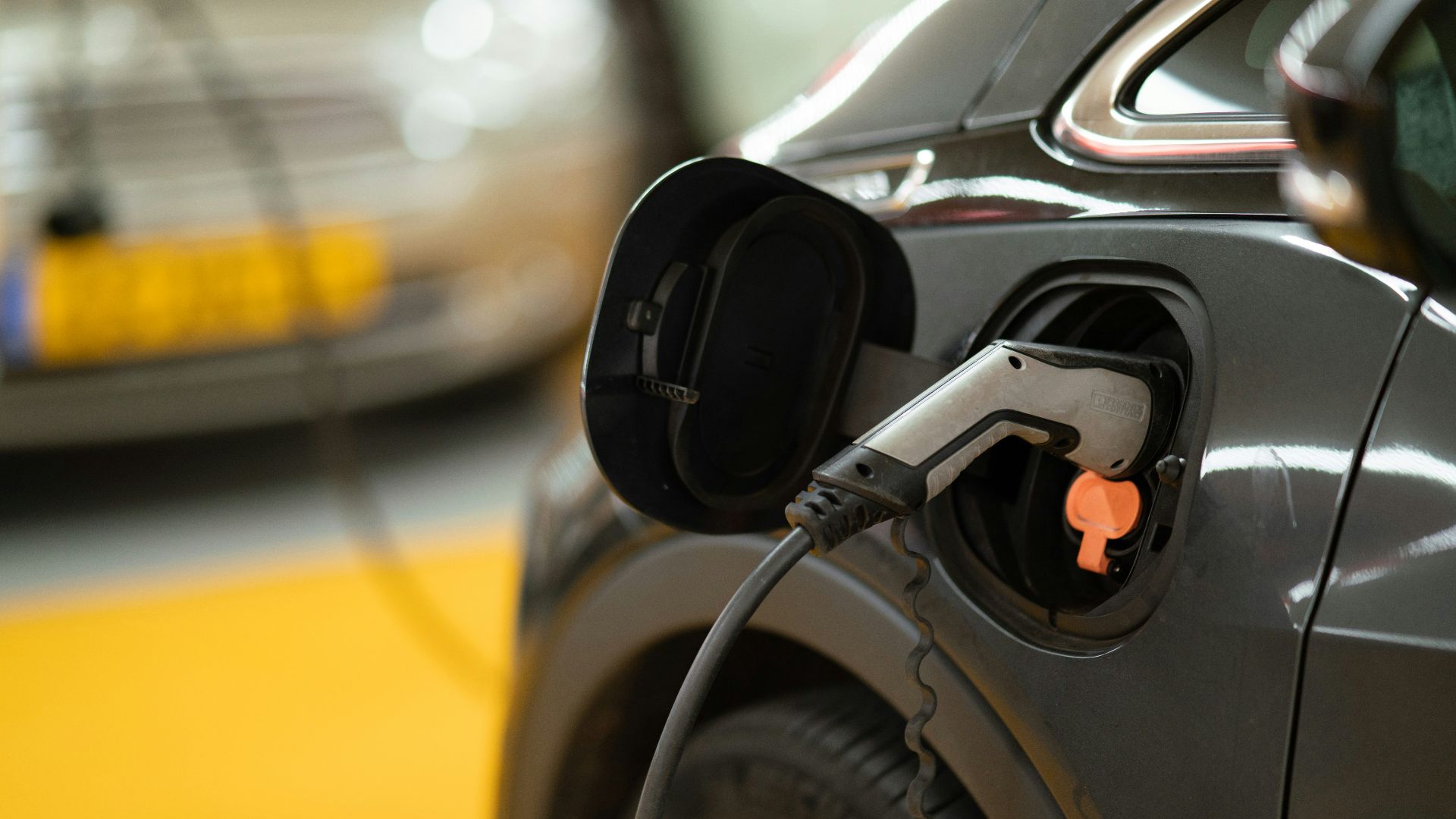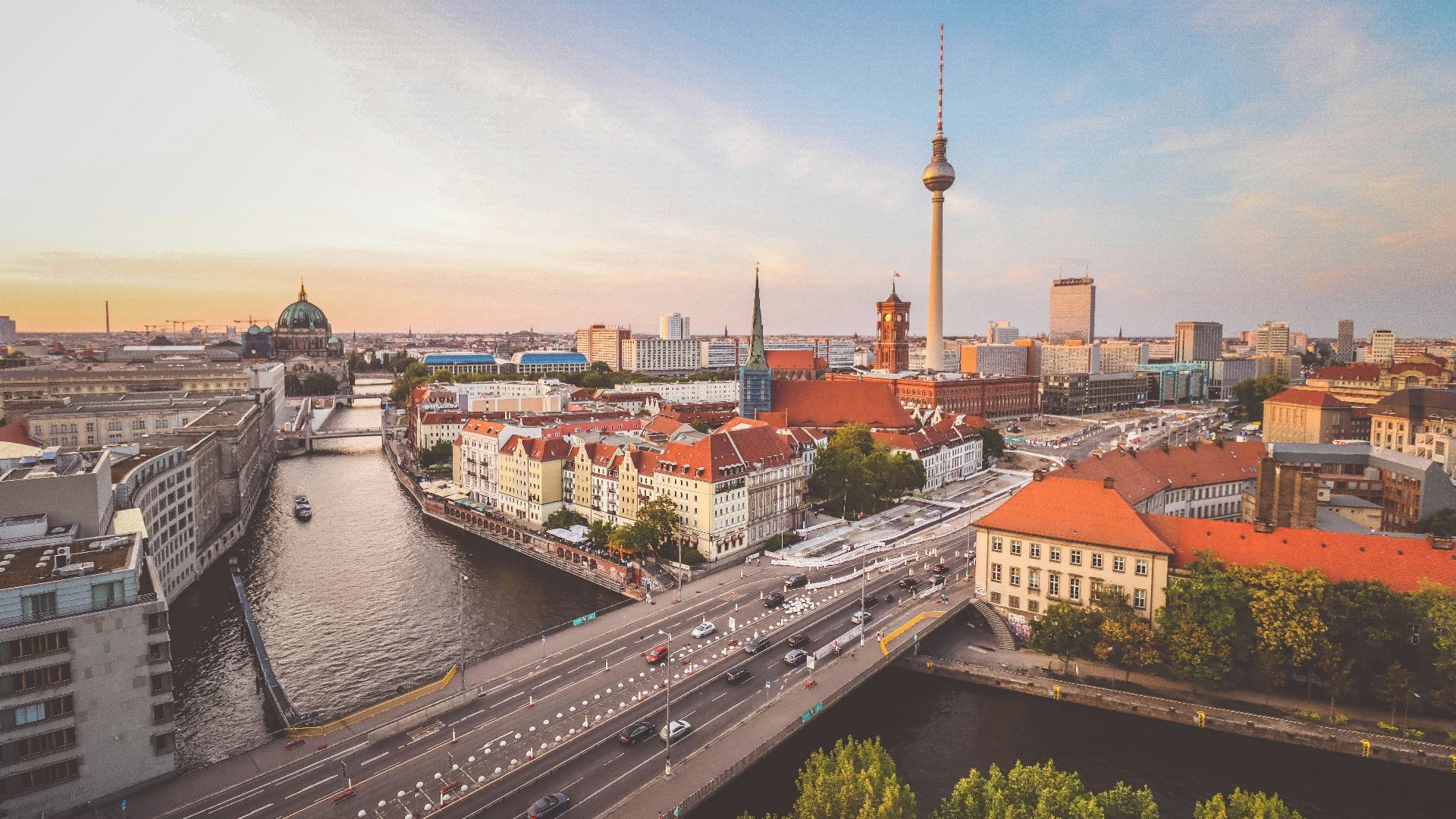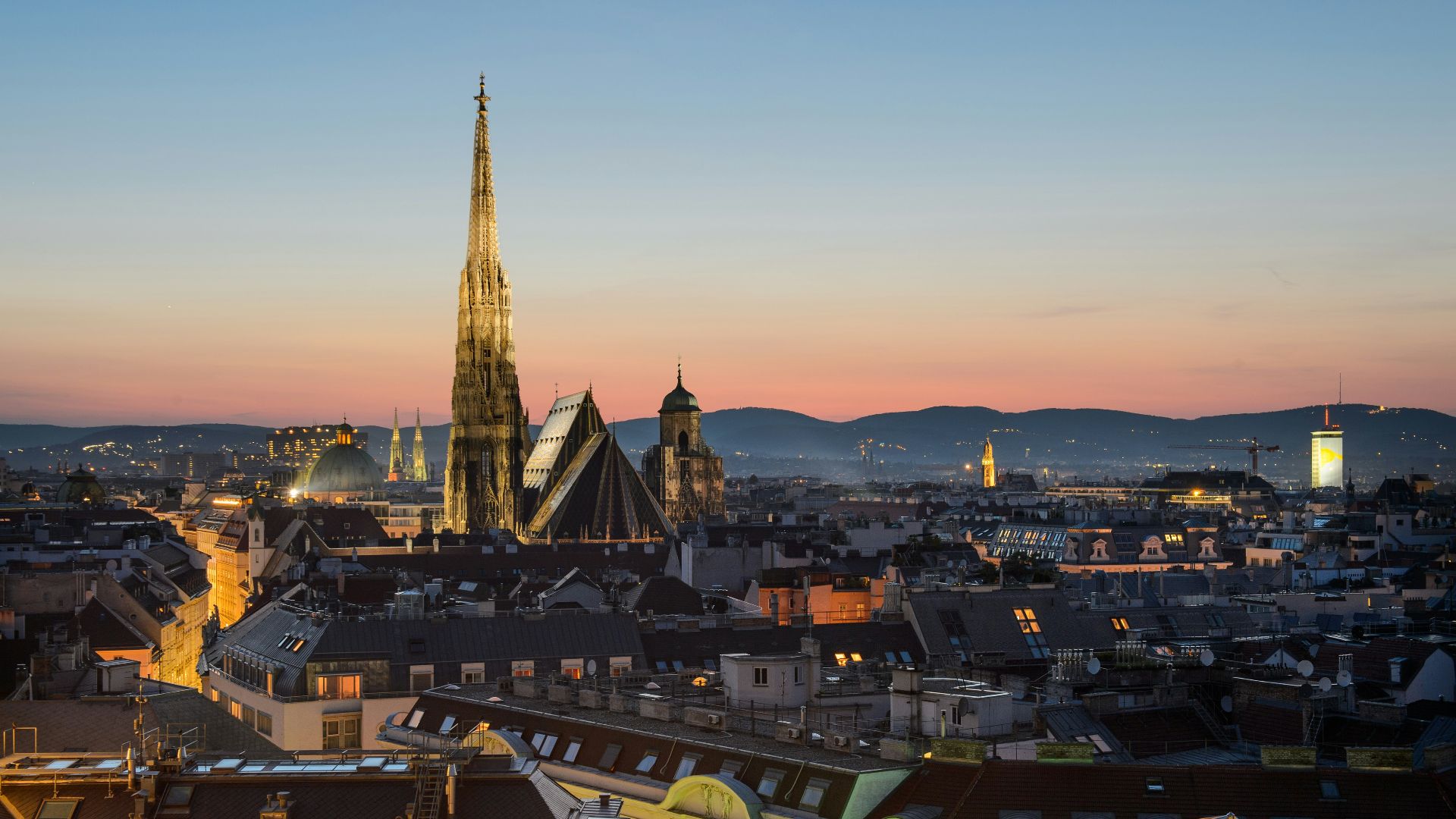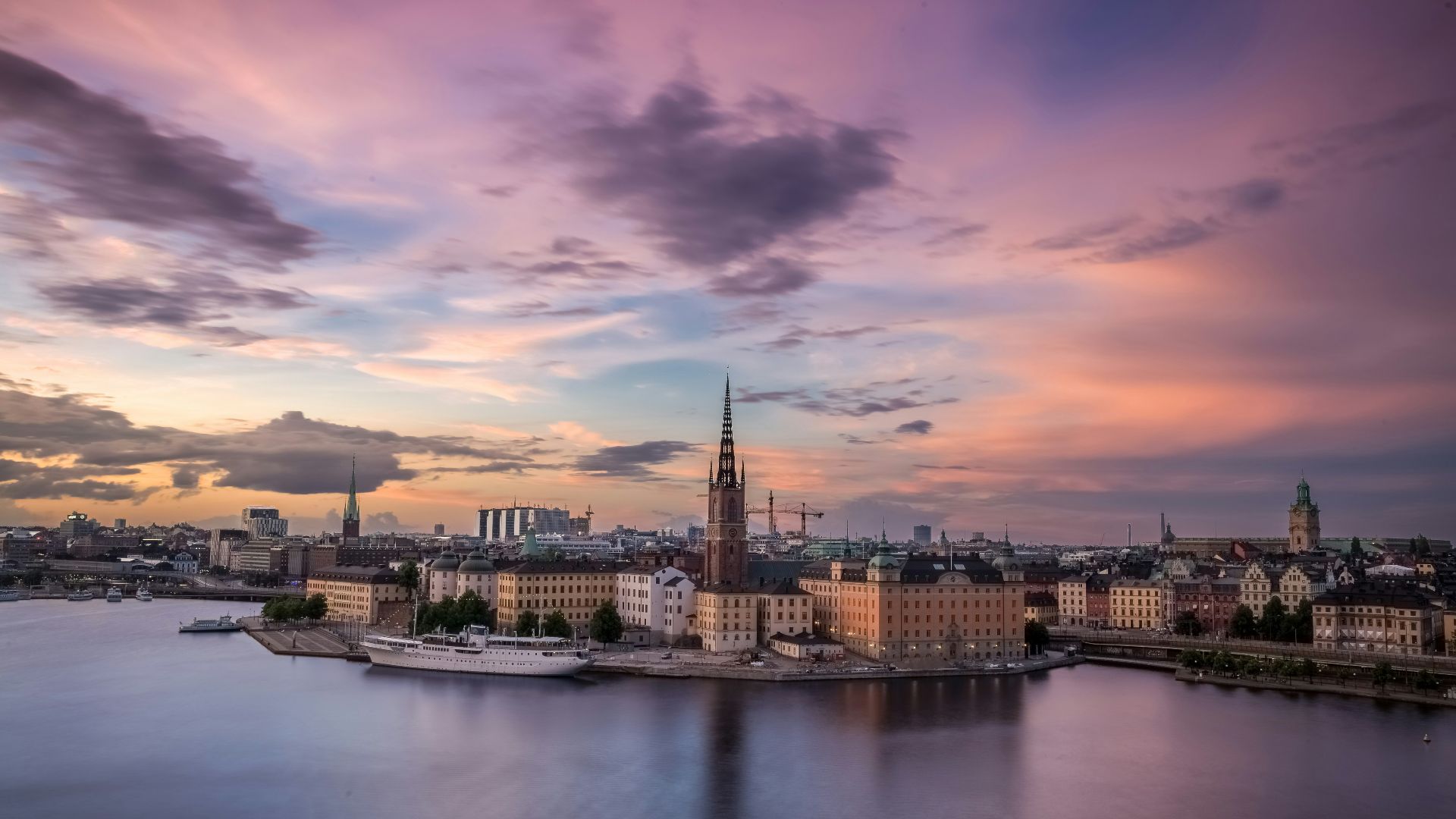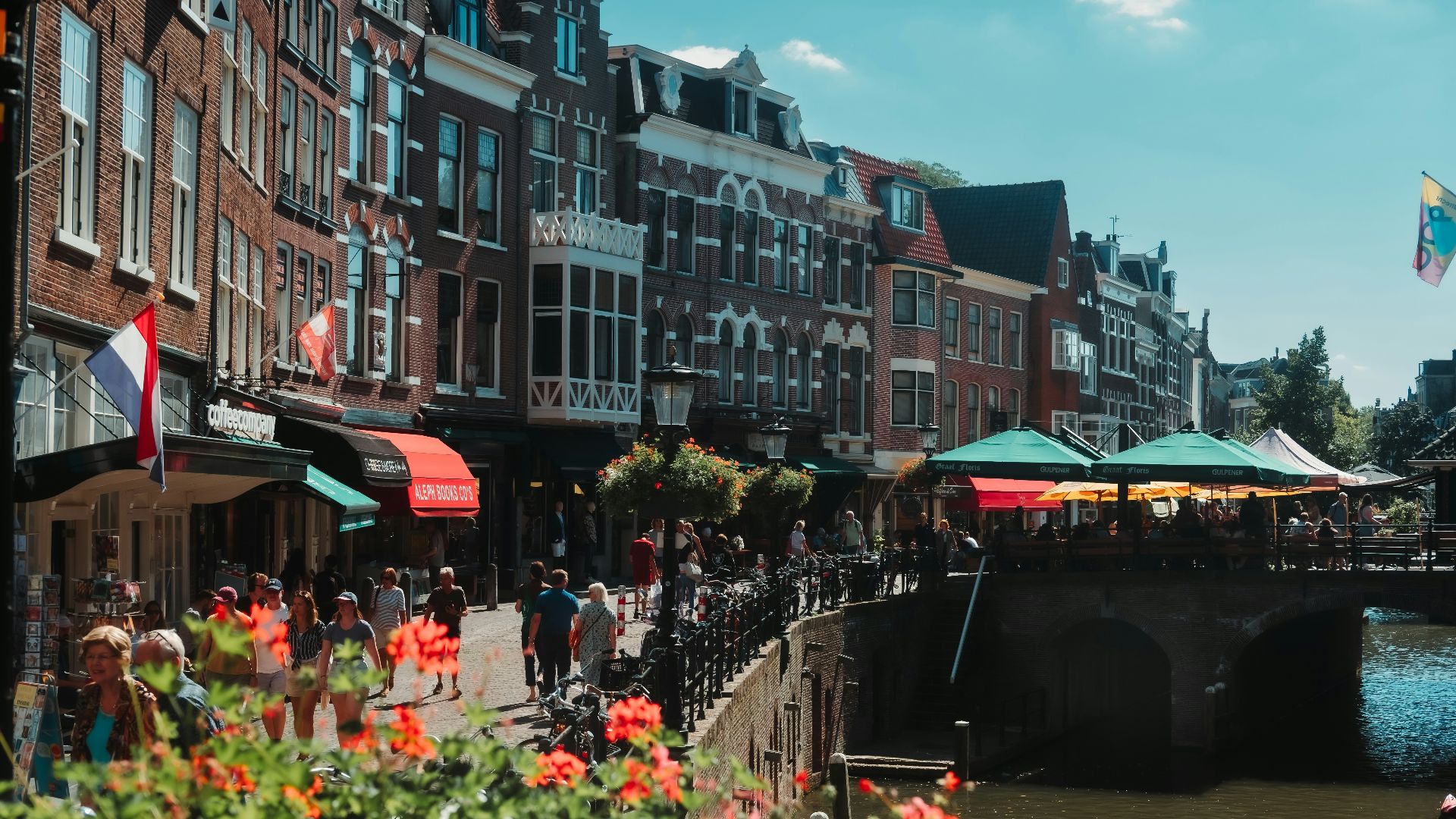Leaders In Sustainability
As our general mindset of electric vehicles shifts, we’re finally starting to see some actual progress in our city centres. While many large cities still have a ways to go when it comes to positive infrastructure change for EVs, we at least have these 20 cities to look towards as leaders in this industry.
1. Berlin
Berlin is one of the few German cities that has fully embraced the electric vehicle. This is largely in part to the country’s Electric Mobility Act, which permits bus lane access and free parking to certain electric vehicles, promoting the use of these eco-friendly transport methods.
2. Vienna
This city is hoping to switch all of its service-based gas-powered vehicles to electric vehicles by 2050, and is starting strong by already introducing 1 thousand EV charging stations to the city. The city is even trying to promote EVs by introducing certain subsidies for those looking to buy a new car.
3. Paris
France is another city that is looking to decrease gas-powered vehicle usage, even fully phasing them out of use by 2040. The city of Paris has even introduced low-emission zones, which EVs can enter, but regular vehicles cannot.
4. London
This populous city is seeing a rise in EV adoption, thanks to broad public infrastructure changes as well as new government funding. The London Electric Vehicle Company is already well underway as the premier EV spot for taxis, and provides wide access to public charging for those who don’t have access at home.
5. San Francisco
By 2030, this city is hoping that 1 in 4 of their total cards will be electric, and they’re putting in the work to do so. The city currently has over 1,200 public charging ports, fast charger installations in neighborhoods, and is even testing a curbside charging program for its residents.
 Rockwell branding agency on Unsplash
Rockwell branding agency on Unsplash
6. Shanghai
This hub of EV technology is proving to be one of the hot spots for electric vehicle growth. There were over 1.5 million EVs registered in Shanghai during 2024, and the city has swapped nearly 100% of its public buses and taxis to fully electric.
7. Los Angeles
Nearly 10% of LA’s vehicles are electric, and the city is doing the work to reflect this ongoing change. Nearly 100,000 electric vehicles were sold in the county in 2024, and are also looking to use the curbside charging program in the near future.
8. Stockholm
This city is widely considered to be one of the world’s leaders when it comes to electric vehicles, even planning to ban gas-based cars from the city centre this year. The city is implementing things like “charging streets,” airport charging, and an electric highway system to further the use of electric vehicles.
9. Amsterdam
Also considered to be a leading city in EV adoption, Amsterdam is on track to fully replace all public vehicles with electrics by 2030. While the city already has over 8,000 public chargers, it will continue to phase out fully gas-powered vehicles over the coming years.
10. Zürich
This city predicts that EVs will make up at least half of its new car sales by 2030, and the city is implementing protections to help its residents with the cost. The city is also hoping to make all of its public vehicles completely electric over the next few years.
11. Oslo
Like some other cities on this list, Oslo residents who are purchasing EVs have the privilege of certain tax exemptions, reduced tolls, and bus lane access to further support this change. The city is also creating a vast network of charging stations, even now requiring new buildings to install chargers.
 Christoffer Engström on Unsplash
Christoffer Engström on Unsplash
12. San Jose
This city prides itself on having over 1,600 public charging stations and is even offering instant rebates for those purchasing or leasing a new EV. The city has also said it will continue to expand charging access and even provide educational resources to folks looking to learn more about this vehicle of the future.
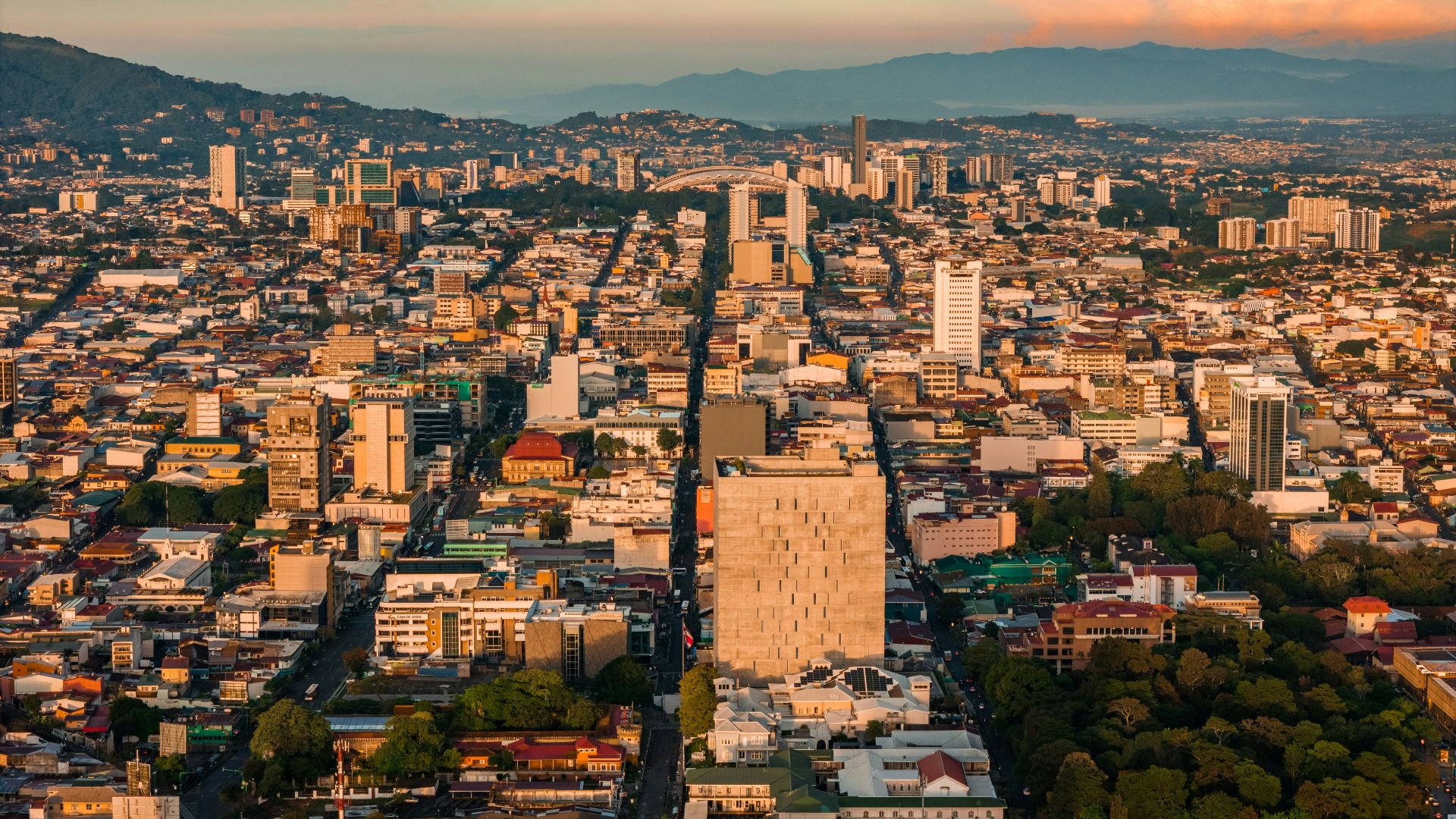 César Badilla Miranda on Unsplash
César Badilla Miranda on Unsplash
13. Shenzhen
This city takes the title as the first and largest city to achieve an entirely electric bus and taxi fleet, putting it at the forefront of electric vehicle adoption. This public transportation shift has resulted in rapid EV growth within the city, now making up a large portion of privately-owned vehicles.
14. Reykjavik
As of 2024, over 1 in 4 newly registered vehicles within Iceland were fully electric, clearly showing a shift across this northern country. The city has also agreed to implement 30 charging stations at city facilities, as well as an additional 60 charging stations over the next three years.
15. Beijing
This city is widely known for being one of the biggest adopters of electric vehicles, garnering government support on a municipal and federal level. The city, along with Shanghai, is adopting a fast-charging network between the two cities, noting an incredibly swift change in architecture to promote these more sustainable vehicles.
16. Helsinki
By 2030, Helsinki plans for 30% of its public transportation to be electric, with a full ban on importing regular vehicles by 2035. The city also provides support to EV users by lowering parking fees, offering free advice to housing companies on how to construct a charging station, and implementing a vast network of publicly available charging stations.
17. Tokyo
Tokyo is a major city in terms of EV creation and usage, with many major car brands within the city beginning to release hybrid and fully electric vehicles. The city has also implemented a vast network of charging stations and has even deployed a pilot program for battery swapping in the hopes that this process may be much quicker than actual charging.
18. Utrecht
This city is a pioneer for EVs, primarily for its “Utrecht Energized” project. This project is a large-scale car-sharing service that provides affordable transit to people across the city, which is completely powered by solar panels.
19. Copenhagen
This city has shown support for EV usage through several programs, including free parking within certain zones and the creation of dedicated spots for electric vehicles. The city has also implemented charging stations, but has also taken the time to create a “rest area” for these stations, to serve both humans and cars.
20. Vancouver
This Canadian city has implemented several EV-friendly policies, from requiring new buildings to be EV-ready, electrifying its own public vehicles, and supporting the installation of accessible public charging. As it currently stands, over 85% of the city’s public transportation is fully electric.


